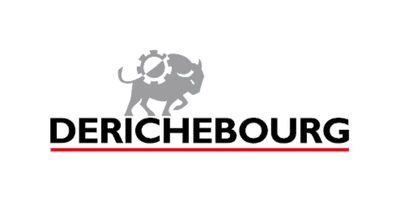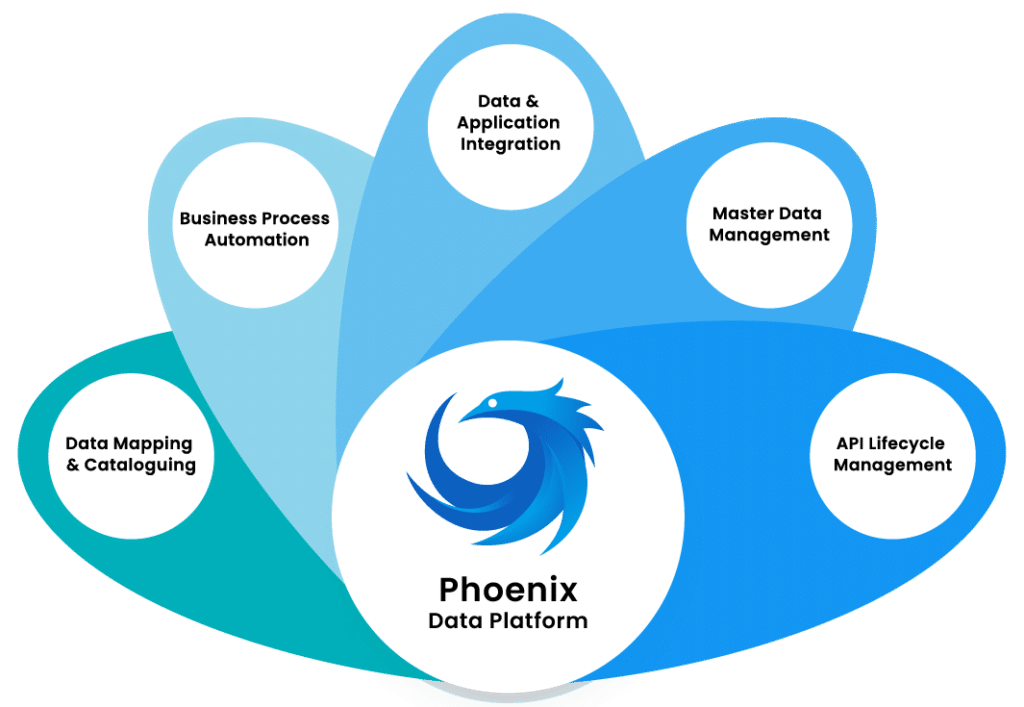Manufacturing
Digitalization for competitiveness and differentiation
Internationalization, extended enterprise, increasing product complexity, industrial IoT…: to remain competitive, manufacturers must constantly optimize their practices and develop their agility to adapt to changes in the sector and in demand.
The axes of innovation and differentiation are far from being limited to a single stage in the product life cycle, or to a single service. You need to capitalize on information from your suppliers to reinforce traceability and product knowledge. The customer experience, meanwhile, relies on the ability to respond rapidly to requests and provide complementary services. And let’s not forget internationalization and integration within your ecosystem, which require you to manage the transcoding of information.

The challenges of digitalization
in the manufacturing industry
How do you communicate data?
You need to enable your internal applications to communicate, avoiding point-to-point interfaces. You also need to connect with other players in the value chain to capitalize on information and limit the risk of errors and re-entries. Not to mention the need to repatriate the huge volumes of data coming from your IoT into your IS.Integrating into your industrial ecosystem
The urbanization of your Information System through the implementation of an application bus will organize and make reliable data exchanges between all your business applications.
How do you model and deploy processes?
Processes should not be limited to applications, but should be positioned at the level of business needs, to organize exchanges and structure interactions. You want to model processes from a business point of view and deploy them rapidly.Manage your business processes
Business Process Management enables you to model, document, control and trace all your flows and processes.
How to manage better data repositories?
The more complex products are, the more their value depends on the consolidation of the information and documentation describing them, as well as on the ability to provide them in a structured and usable way to the end customer. In addition to products, there may be multiple repositories to manage (suppliers, etc.).Industrialize your repository management
Controlling data throughout the product lifecycle means having a product MDM connected to all your IS applications.
How can we optimize the services we offer?
Providing a customer extranet, alerting customers to upcoming campaigns, offering a real-time view of stock levels… these are just some of the advantages. This openness can also be used by partners to anticipate your needs.Offer value-added services
The combination of an application bus within your IS and API Management to expose data secures information sharing and supports the implementation of cross-functional flows between your IS and those of your partners.






What methods and solutions are needed to meet the challenges of the industry’s digital transformation?
During major projects such as ERP, PLM or CRM migrations, the IT departments of manufacturers often realize that these projects alone will not be enough to solve their interfacing and flow management challenges at company level. In addition to these projects, developing your agility requires you to decompartmentalize your information system, implement a service-oriented architecture (SOA) and initiate the reengineering of your business processes.
This is an opportunity to position yourself at the level of business issues, and to co-construct processes in collaboration with business and IT departments.
Of course, this requires a solution that overcomes IT and application constraints and ensures interoperability between data and processes.
Phoenix data platform to support the digital transformation of industry
For 15 years, Blueway has been assisting manufacturers with their digital transformation, IT urbanization and process evolution. Although we are a software publisher, our vocation is above all to offer pragmatic solutions to your operational and strategic needs:
Support your internationalization
and strength your ability to integrate into a wider ecosystem (group, partners...).
Monitor the status of all flows
and alert immediately in the event of a fault.
Develop scalability
of your information system and facilitate the implementation of new applications.
Improve customer satisfaction
as well as handle complaints and offer value-added services.
The Phoenix platform: a 360° response to the Data challenges faced by industry players
Blueway brings you a scalable solution tailored to the industrial sector, to help you meet the challenges of agility and product information management. This platform integrates the different dimensions of data exchange: application bus, process modeling and management, repositories and API management. It gives you a 360° view and supports the cross-functionality of your processes.
“Low-code and full-web, its implementation is fast and the platform is naturally taken in hand by both IT and business teams. Aligning teams and processes benefits your entire company and your customers.

about our customer's digitization projects in your industry?
Use cases
Rationalization of the Information System
Optimize technology infrastructure and processes to ensure efficient and consistent use of data across your organization.Continuity of product information from suppliers to end customers
Ensure a consistent and secure flow of data throughout the supply chain, guaranteeing fluid and reliable communication between all stakeholders.Handling customer complaints
The efficient collection, analysis and resolution of customer feedback and complaints, helping to improve customer satisfaction and optimize business processes.Adding value to complementary services (extranet, etc.)
Leverage additional platforms and tools to enrich the user experience, foster collaboration and optimize access to relevant data.Frequently asked questions about digitalization in the industrial sector
Phoenix ensures end-to-end traceability by integrating data from ERP, WMS and TMS systems, offering total visibility over the product journey. The platform also enables data to be collected and aggregated at every stage of the supply chain.


